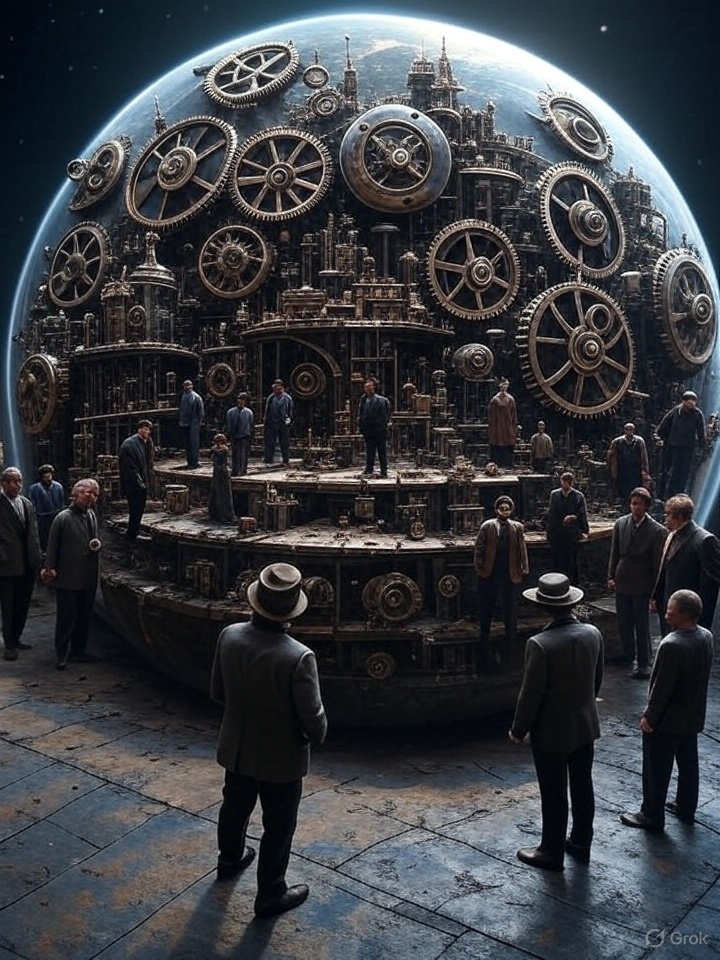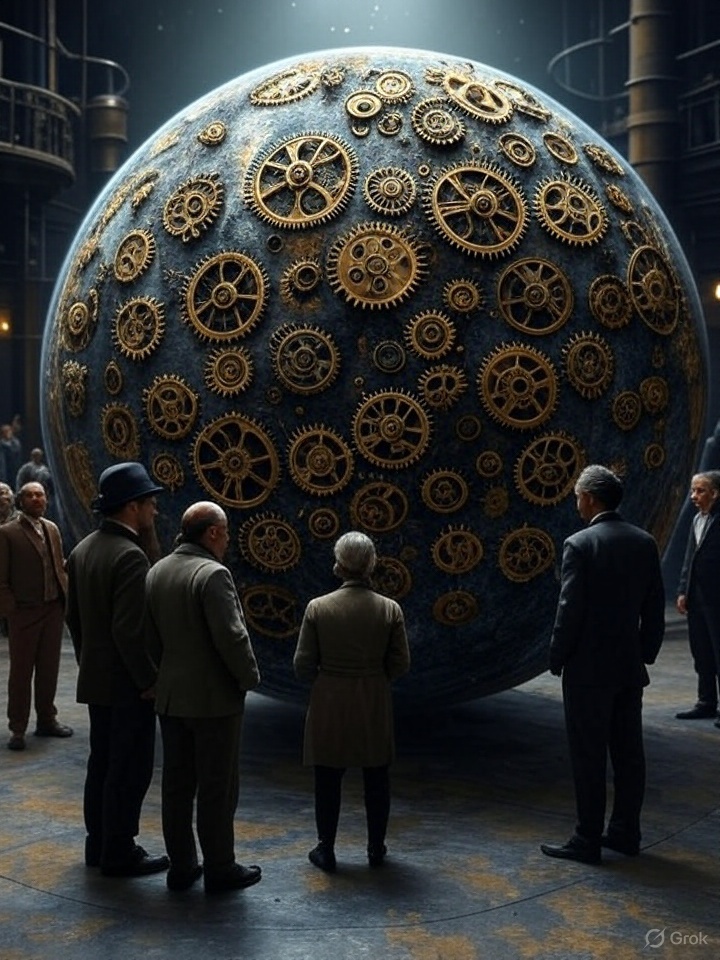The race to build more powerful artificial intelligence (AI) and integrate it into business and economies is dominating global conversations.
 Companies, governments, and researchers are laser-focused on accelerating AI development, touting its potential to revolutionize industries, boost productivity, and solve complex problems.
Companies, governments, and researchers are laser-focused on accelerating AI development, touting its potential to revolutionize industries, boost productivity, and solve complex problems.
Yet, amidst this fervor, a critical dialogue is conspicuously absent: what will this lead to, and why are we doing it? What kind of future are we shaping, and how can we ensure that AI drives prosperity rather than oppression and control?
The implications of unchecked AI development are profound, touching every facet of human life—economics, politics, education, society, and even personal relationships. Economically, AI could displace millions of jobs within the next decade, as automation targets roles from manufacturing to white-collar office work.
 While new jobs may emerge, the transition could widen inequality, leaving entire communities struggling to adapt. Politically, AI’s ability to manipulate information—through deepfakes or targeted propaganda — threatens democratic processes, as seen in recent elections where misinformation has surged. In education, AI promises personalized learning but risks exacerbating disparities if access to advanced tools remains unequal.
While new jobs may emerge, the transition could widen inequality, leaving entire communities struggling to adapt. Politically, AI’s ability to manipulate information—through deepfakes or targeted propaganda — threatens democratic processes, as seen in recent elections where misinformation has surged. In education, AI promises personalized learning but risks exacerbating disparities if access to advanced tools remains unequal.
Socially, AI could deepen isolation by replacing human interactions with algorithms, while in personal life, it might erode privacy through pervasive surveillance and data collection.
These aren’t hypothetical concerns — they’re already unfolding. Yet, few leaders are willing to publicly grapple with these questions. The narrative remains overwhelmingly optimistic, focusing on AI’s potential rather than its pitfalls.
 This reluctance to engage in honest discourse is dangerous. AI’s trajectory is unstoppable, but its outcomes are not inevitable. The future it creates depends on the choices we make today.
This reluctance to engage in honest discourse is dangerous. AI’s trajectory is unstoppable, but its outcomes are not inevitable. The future it creates depends on the choices we make today.
So, what kind of world do we want? A future where AI empowers individuals, fosters creativity, and solves global challenges like climate change and healthcare access is possible — but not guaranteed. To achieve this, we must prioritize ethical frameworks that prevent AI from becoming a tool for oppression or control.
This means designing systems that are transparent, accountable, and inclusive, ensuring that AI benefits are distributed equitably rather than concentrated among a few tech giants or authoritarian regimes. It also requires global cooperation to set standards for AI use in politics and surveillance, safeguarding democratic values and personal freedoms.
 Also read:
Also read:
- The Illusion of Normalcy: AI’s Imminent Impact on the Job Market and Economy
- Navigating Objective Reality: Beyond Black-and-White Thinking
- Why Everyone’s Rushing to Work on AI Influencers
The stakes are high. If we fail to address these questions, AI could exacerbate inequality, erode trust in institutions, and amplify societal divides. But if we act thoughtfully, AI can usher in an era of unprecedented prosperity, where technology enhances human potential rather than diminishes it.
The conversation about AI’s future cannot remain an afterthought — it must take center stage. The world we build with AI is up to us, but only if we start asking the right questions now.






